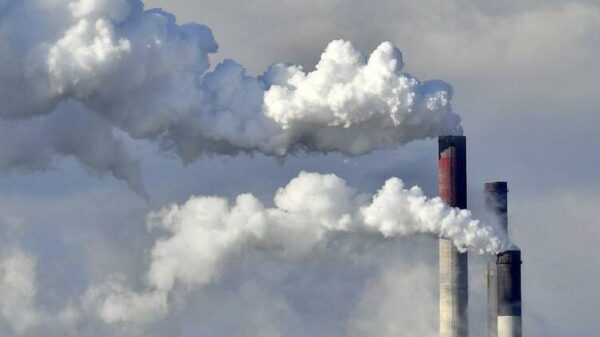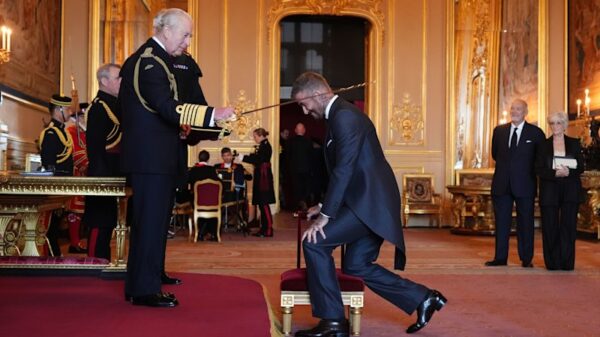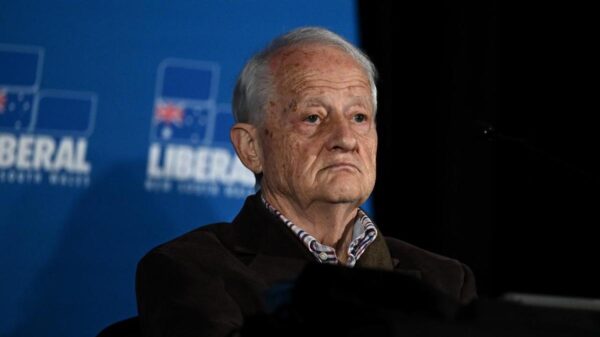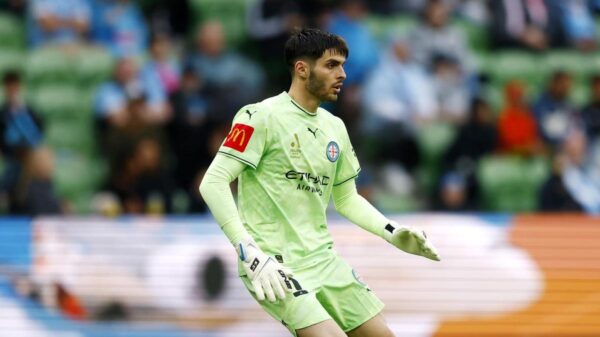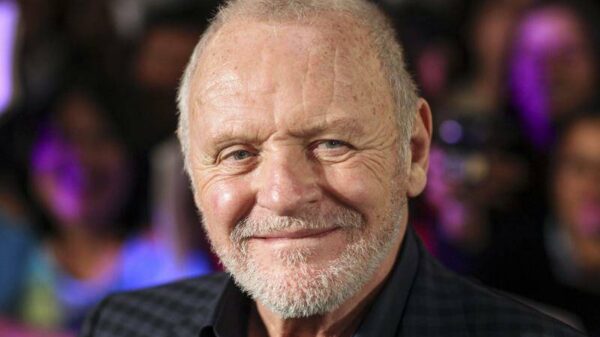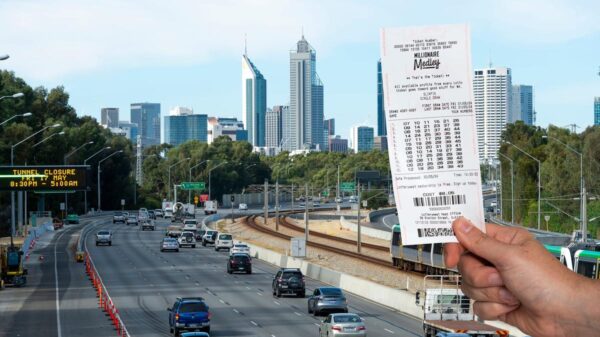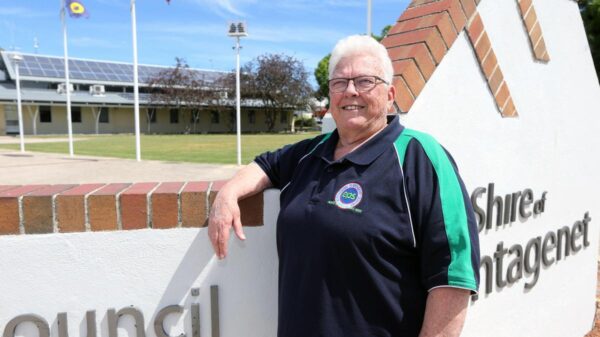Toyota has reaffirmed its commitment to developing diesel engines, despite increasing global emissions regulations. At a recent conference linked to the Japan Mobility Show (JMS) in Tokyo, Takashi Uehara, the company’s powertrain chief, stated that Toyota does not have a deadline for ending diesel production. This announcement comes as the automotive industry faces significant shifts toward electrification.
Uehara emphasized that there remains strong demand for diesel vehicles, particularly in regions such as Australia, Europe, and the Middle East. He noted, “We still see high requests and expectations from our customers in these markets.” In fact, diesel vehicles accounted for 48.4 percent of Toyota Australia’s sales from January to August 2025, an increase from 42.6 percent in the previous year, although it remains below the 52.6 percent recorded in 2023.
At the JMS, Toyota reiterated its focus on decarbonization, primarily through its well-known petrol-electric hybrid vehicles. While Uehara did not confirm the development of a diesel-electric hybrid powertrain, he stated that the company is open to adding electrification to diesel engines. The introduction of the 48V mid-hybrid HiLux and Prado models in Australia in 2024 marked a notable entry of diesel-electrified vehicles into local markets, although Toyota does not categorize these as hybrids.
Uehara conveyed optimism regarding the future of internal combustion engines (ICE), stating, “There is high potential for ICE – the mix of fuels that is highly accommodating of different types.” He added that demand for various fuel types, including battery-electric and ICE vehicles, will persist. “It’s not a certain deadline that we have or certain year; I think this kind of demand will be ever existing,” he explained.
As emissions regulations become stricter, including Australia’s New Vehicle Efficiency Standard (NVES), which penalizes automakers for exceeding CO2 tailpipe emission limits, Toyota faces challenges. The NVES has already led to the removal of rear-wheel drive versions of the Ford Everest and Isuzu MU-X from Australian showrooms.
Uehara’s comments align with those of Sean Hanley, vice president of sales, marketing, and franchise operations at Toyota Australia. Hanley suggested that diesel technology could remain relevant for another decade before hydrogen begins to dominate the market.
Toyota’s strategy, described as a “multi-pathway approach,” involves offering a diverse range of powertrain options including petrol, diesel, hybrid, electric (EV), and fuel-cell electric (FCEV) vehicles. This approach has drawn both criticism and praise. While the company has been slow to adopt a full EV strategy compared to some competitors, many industry experts now see Toyota’s measured approach as sensible, especially as other automakers reconsider their all-EV commitments due to rising production costs and excess capacity.
Uehara acknowledged that the cost of entry into the EV market is increasing, which could impact the future popularity of diesel vehicles. “The cost for admission is going to be heavier and that may undermine the popularity of the diesel in the future – that’s a possibility,” he remarked. He assured stakeholders that Toyota would continue to promote electrification and CO2 reduction while maintaining the performance characteristics of its diesel engines.
If Toyota moves forward with diesel hybrid technology, it would join other manufacturers that have explored this avenue. While several European automakers have previously offered diesel-electric powertrains, the anticipated release of Chery Australia’s first utility vehicle powered by a diesel-electric plug-in hybrid system could mark a significant development in the Australian market.
As Toyota navigates these challenges and opportunities, its ongoing commitment to diesel development reflects a complex landscape where consumer preferences and regulatory pressures continue to evolve.







